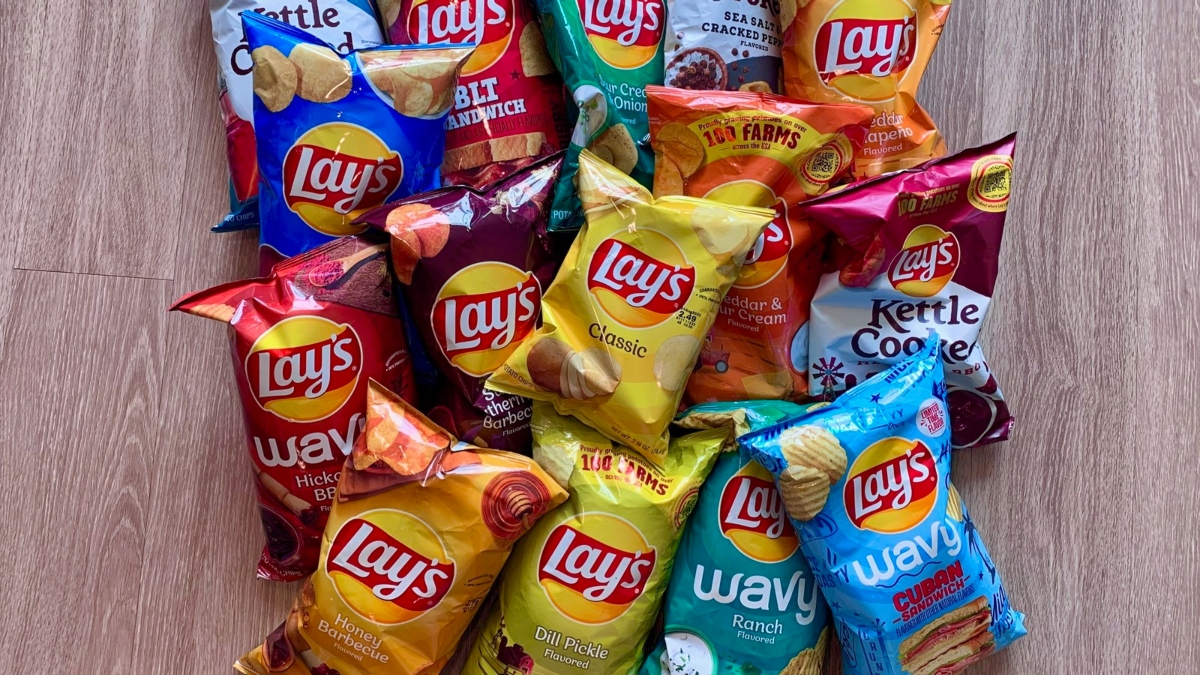Carrefour, a leading French retailer, has announced that it will stop selling PepsiCo products, including popular items like Pepsi, Lay’s crisps, and 7up, in its stores across France. This decision comes in response to what the retailer calls “unacceptable price increases” by PepsiCo.
From Thursday, customers visiting Carrefour stores in France will notice signs indicating the discontinuation of PepsiCo products. These notes will explain the halt as a measure against the price hikes. A spokesperson for Carrefour stated that this step is a part of the ongoing price negotiations that have been intensified by recent inflation trends.
PepsiCo, the American multinational food, snack, and beverage corporation, did not respond to requests for comments on the matter. However, the company had previously indicated plans for “modest” price increases this year, citing sustained demand despite previous price rises. This strategy contributed to PepsiCo raising its 2023 profit forecast for the third consecutive time.
The move by Carrefour is not isolated. Over the past year, several grocery retailers in countries like Germany and Belgium have also ceased orders from various consumer goods firms as a tactic in their pricing negotiations. These actions have been influenced by the global inflationary environment.
While it remains unclear if PepsiCo products currently on Carrefour’s shelves will be removed immediately, the spokesperson mentioned that customers could still purchase the items presently on display. The signs announcing the discontinuation of PepsiCo products will be exclusive to Carrefour’s French stores.
Carrefour has been notably active in challenging large consumer products and food companies over pricing issues. Last year, the retailer initiated a “shrinkflation” campaign, highlighting products that reduced in size but increased in price. The current status of this campaign was not confirmed immediately.
In an effort to combat inflation, the French government has urged retailers and suppliers to conclude annual price negotiations by January, advancing the usual timeline by two months. This comes amidst a backdrop of rising consumer prices in France, with a recent report from the INSEE statistics office indicating a 4.1% year-on-year increase in December.
The French finance minister has previously warned of imposing special taxes on food companies that fail to pass lower costs to consumers, who are already grappling with high energy bills. This threat aims to prevent what he describes as “undue” profits by these companies.






